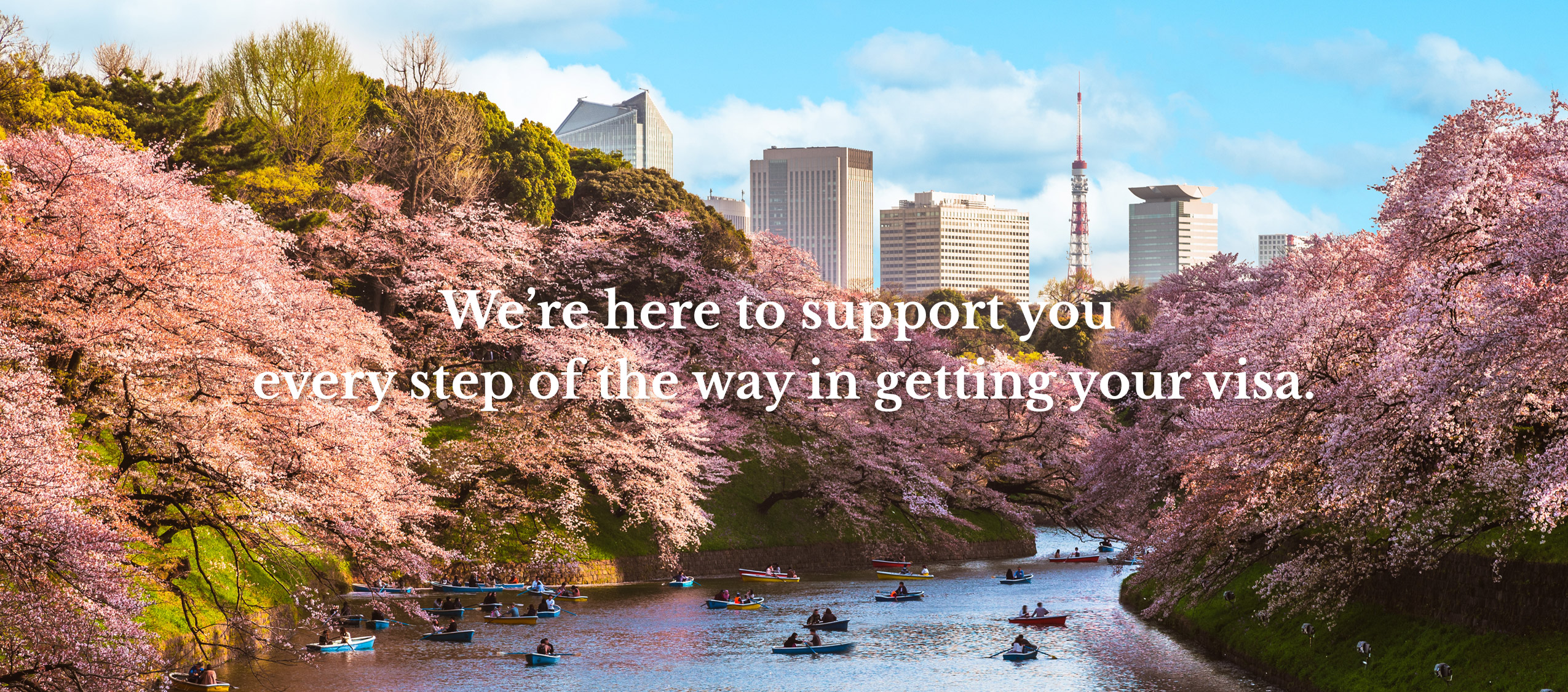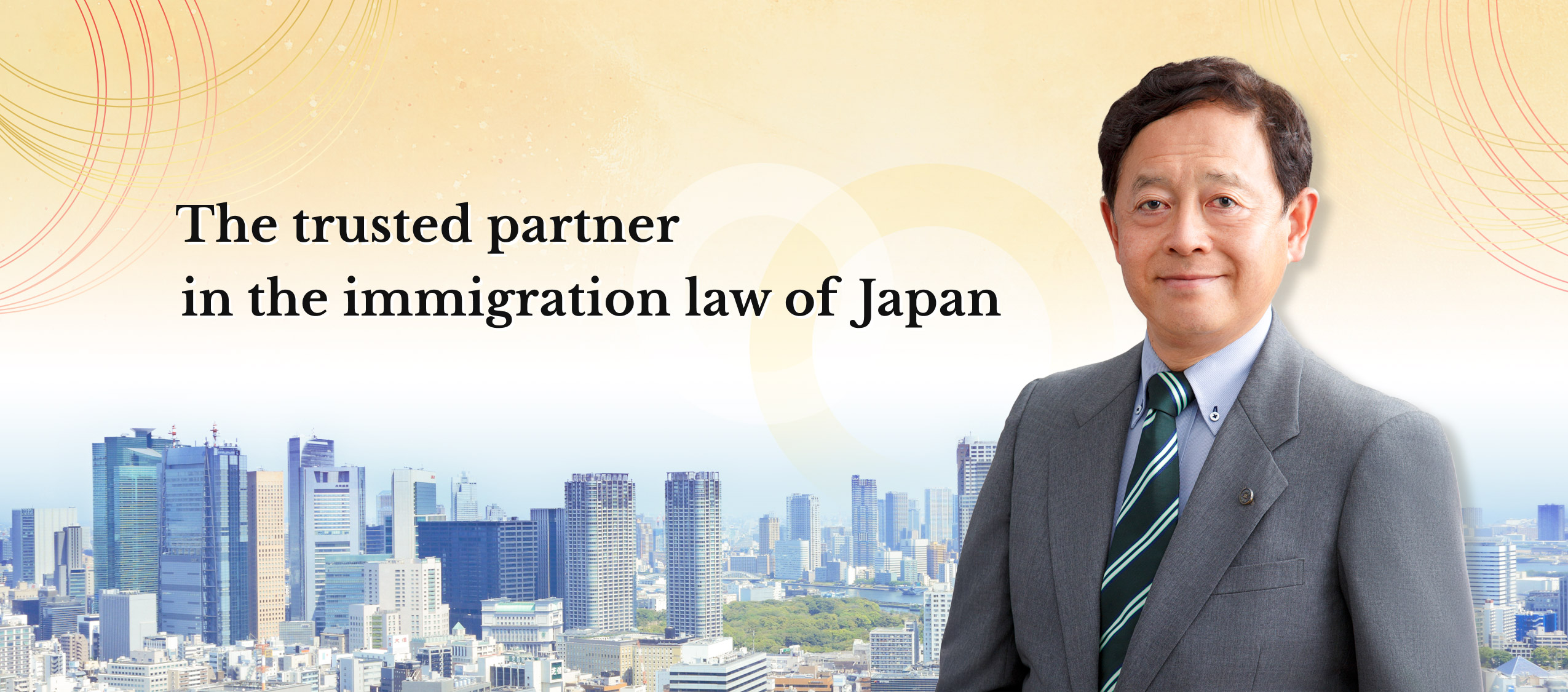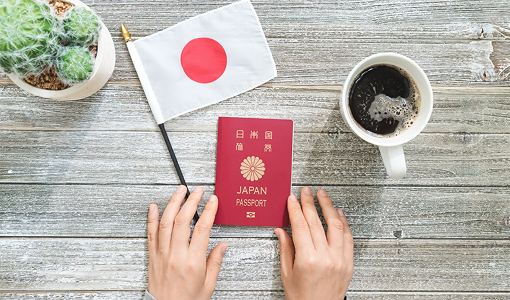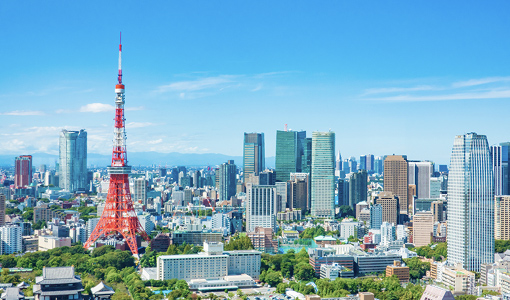

Tokyo immigration service
Our fundamental goal is to assist our clients successfully accomplish their immigration-related objectives.
We are friendly professional immigration specialists working in Tokyo.
PICK UP of Visa Case
Countries of origin of
our past clients

Argentina

Australia

Bangladesh

Belgium

Brazil

Canada

China

Denmark

Egypt

Fiji

France

Germany

India

Indonesia

Iran

Ireland

Israel

Italy

Kyrgyzstan

Malaysia

Mexico

Mongolia

Morocco

Myanmar

Nepal

Netherlands

New Zealand

Pakistan

Palau

Peru

Philippines

Russia

Serbia

Singapore

South Korea

Spain

Sri Lanka

Sweden

Switzerland

Taiwan

Tanzania

Thailand

United Kingdom

United States

Uzbekistan

Venezuela

Vietnam

Ukraine
Inquiries from people in other countries are also welcome!
Feel free to contact us.
Please note:
The actual approval is judged by the Japanese Ministry of Justice. To obtain a visa is not like getting an ordinary license. There is no guarantee to the issuance of a visa after you make your visa application. Please be aware and understand this fact.
This site is prepared as a guide for individuals. If you are representing a company in the area of human resources, and want to know about how to obtain a visa to employ a foreign national or let him/her work, I have prepared a different site for you that explains about visas. See: “A Guide for Companies to Employ and obtain Status of Residence for foreign nationals” ( http://www.zairyusikaku.jp ) in Japanese. Also a Japanese PDF version about my office can be downloaded from http://www.satomasami.com/pdf/legaladviser.pdf .






